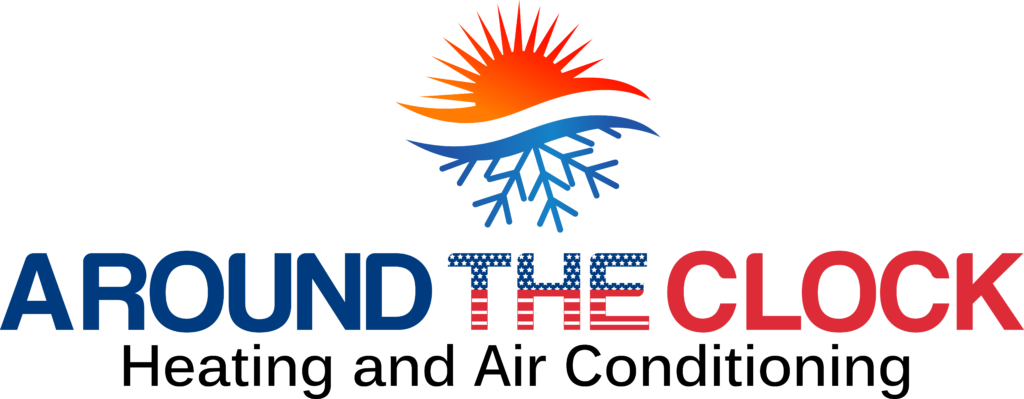

How to Troubleshoot hvac system problems can be a daunting task for homeowners, especially if they have little to no experience with heating and cooling systems. However, with a little knowledge and some basic tools, it is possible to diagnose and fix many common issues. Here are some steps to follow when troubleshooting common HVAC problems:
Check the thermostat: One of the most common causes of HVAC problems is a faulty thermostat. Make sure that the thermostat is set to the correct temperature and that the batteries are working. If the thermostat is not the issue, try adjusting the temperature setting to see if the system responds.
Check the air filter: A dirty air filter can restrict air flow and cause issues with your HVAC system. Replace the air filter if it is dirty or clogged.
Check the furnace: If you have a furnace, make sure that the pilot light is lit and the gas valve is open. If the pilot light is out, you may need to relight it. If the gas valve is closed, you will need to open it.
Check the air handler: If you have an air handler, make sure that the blower is working properly and that the air handler is not making any strange noises. If the blower is not working, you may need to replace the motor or belt. If the air handler is making strange noises, it could be due to a loose part or a malfunctioning component.
Check the ductwork: Make sure that the ductwork is properly sealed and free of any leaks or obstructions. Leaks in the ductwork can cause issues with air flow and efficiency.
Check the outdoor unit: If you have a split system with an outdoor unit, make sure that it is clear of any debris and that the condenser coils are clean. If the outdoor unit is dirty or obstructed, it can cause problems with the system.
Check for leaks: If you suspect that your HVAC system is leaking refrigerant, you will need to contact a professional to diagnose and repair the problem. Refrigerant leaks can be harmful to the environment and can also cause damage to your system.
Check the age of the system: If your HVAC system is older, it may be time to consider replacing it. An outdated system may be less efficient and more prone to problems.
By following these steps, you can troubleshoot many common HVAC problems and keep your system running smoothly. However, if you are unable to diagnose and fix the issue, it is always a good idea to contact a professional for help. A trained HVAC technician will have the knowledge and expertise to properly diagnose and fix any issues with your system. Call Us at 469-363-2022
